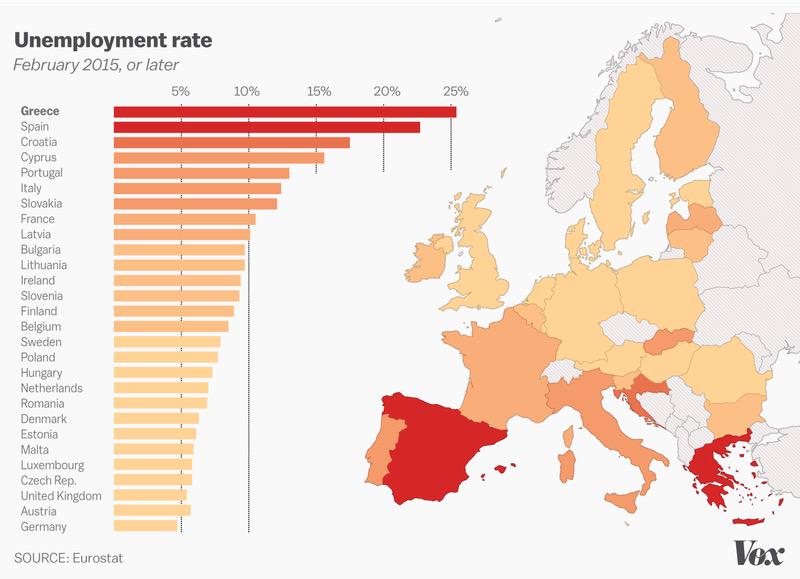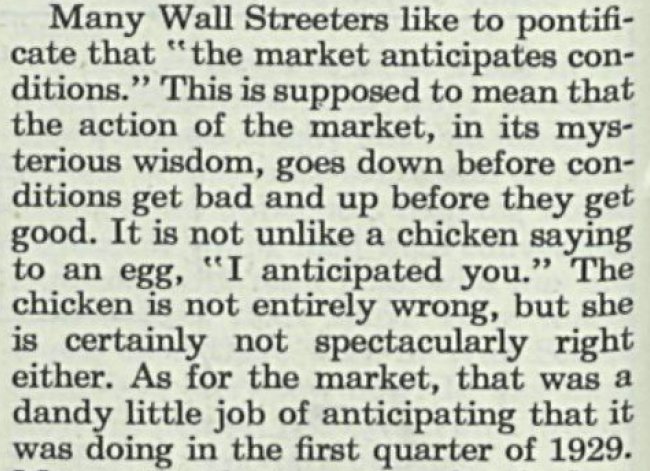Behavioral finance out the possibility of a superior comprehension of money related market conduct and degree for financial specialists to settle on better venture choices in view of a comprehension of the potential traps. This guide concentrates on the last issue. Counselors can figure out how to comprehend their own inclinations and furthermore go about as a behavioral mentor to customers in helping them manage their own predispositions. In the course of recent years set up the fund, the hypothesis has accepted that speculators have little trouble settling on money related choices and are very much educated, cautious and predictable. The conventional hypothesis holds that financial specialists are not confounded by how data is exhibited to them and not influenced by their feelings. Be that as it may, plainly, reality does not coordinate these suppositions. The behavioral fund has been becoming in the course of the most recent twenty years particularly due to the perception that speculators infrequently carry on as per the presumptions made in the conventional back hypothesis. Over the most recent a long time since the finish of the worldwide monetary emergency, numerous speculators were deadened from making a move by a comparable feeling of dormancy. Stocks have to be sure dropped ordinarily. In any case, each time they did, they recouped to wind up higher than where they were. Today, numerous speculators are still left on the sidelines. That costs have gone up is unimportant. Valuations are substantially wealthier than they used to be, by recorded benchmarks. However, in the meantime, no one sets out to call a market top. We are still in a domain of rich liquidity. What financial specialists passed up a major opportunity for where the profits paid by consummately stable organizations they could have claimed. Money still yields near nothing in the bank.
Addressing Favorable Positions in Market
Markets are extensively effective, at any rate for the time being. Informal investors and individuals making here and now trades are practically ensured to lose money unless they have some type of enlightening favorable position. I know a couple – though not many – individuals who do appear to profit for the time being however they trade specific regions where foundations have little intrigue. For every other person, the primarily preferred standpoint of being a private speculator is that we can hold up. Shockingly, for many individuals, ensuring swings to be something they’re terrible at. What’s more, as Mischel discovered, this can be followed back to early adolescence. Regardless of whether this is a hereditary quality or is something learned at the bosom isn’t clear, yet it’s unquestionably the case that without you will battle to make positive returns. So in case you’re the sort of individual who can hardly wait to purchase the most recent must-have contraption, and would preferably charge to your Visa than hold up a month, presumably best you stick to list trackers. Pomposity has coordinate applications in speculation, which can be mind boggling and include estimates without bounds. Arrogant speculators may overestimate their capacity to distinguish winning ventures. The customary budgetary hypothesis proposes holding enhanced portfolios so hazard is not packed in a specific territory. ‘Confused conviction’ can weigh against this council, with financial specialists or their guides “beyond any doubt” of the great prospects of a given venture, making them trust that enhancement is along these lines superfluous. Pomposity is connected to the issue of control, with careless financial specialists, for instance, trusting they practice more control over their ventures than they do. In one investigation, princely financial specialists announced that their own stock-picking abilities were basic to portfolio execution. As a general rule, they were unduly hopeful about the execution of the offers they picked and disparaged the impact of the general market on their portfolio’s execution. In this basic way, speculators overestimate their own capacities and ignore more extensive variables impacting their ventures. (more…)





